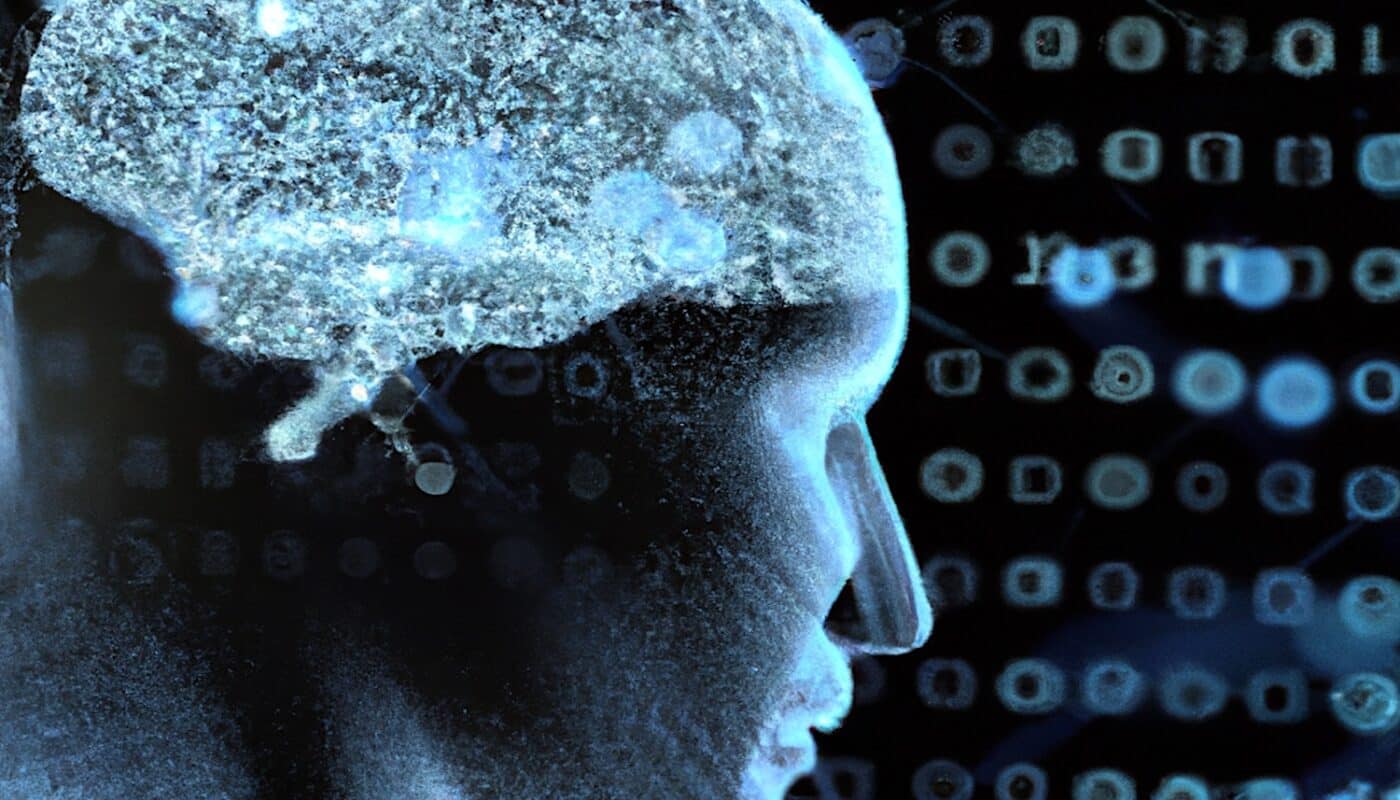In a world where technology is evolving at lightning speed,quantum computing andartificial intelligence are attracting a great deal of attention. These two fields are often presented as the pillars of a new technological revolution that could well change our relationship with computers and machines. In this article, we take a look at the main characteristics of these two concepts, their interactions and the opportunities they offer.
Quantum computing: a quantum leap in computing power
Quantum computing is based on the fundamental principles of quantum physics. Unlike classical computing, which is based on bits representing either 0 or 1, quantum computing uses qubits. Qubits are unique in that they can represent several states simultaneously, thanks to the phenomenon of quantum superposition.
This specificity enables quantum computers to process huge amounts of information in parallel and solve complex problems much faster than conventional computers. The potential applications of this tenfold computing power are numerous, notably in the fields of cryptography, optimization and molecular simulation.
Artificial intelligence: ever more powerful machines
Artificial intelligence (AI) is a field of research that aims to create machines capable of reasoning, learning and adapting. AI algorithms are generally based on machine learning techniques, which enable a machine to improve its performance by analyzing and exploiting large quantities of data.
Supervised and unsupervised learning
There are several types of learning in AI, including supervised and unsupervised learning. In the first case, the algorithm is trained on a set of labeled data, i.e. each example is associated with the expected response. In the second case, the algorithm must discover the structures and relationships in the data on its own.
Neural networks
One of the most popular techniques in AI is that of artificial neural networks. Inspired by the workings of the human brain, these networks are made up of interconnected computing units called neurons. Neural networks are particularly well-suited to complex, non-linear problems, such as image recognition or machine translation.
Interactions between quantum computing and artificial intelligence
Advances in quantum computing and artificial intelligence are paving the way for new synergies between these two fields. Indeed, quantum computers could considerably speed up the learning of AI algorithms, and solve problems that are currently inaccessible to conventional machines.
Algorithm optimization
One of the applications envisaged is the use of the computing power of quantum computers to optimize artificial intelligence algorithms. For example, a learning algorithm could be adapted to take advantage of quantum properties and thus converge much more quickly to a solution.
Quantum AI
Another interesting prospect is that ofquantum artificial intelligence, i.e. the development of algorithms specifically designed to run on quantum computers. In particular, these algorithms could be used to solve optimization or simulation problems that current techniques are unable to handle effectively.
Challenges and opportunities
Interactions between quantum computing and artificial intelligence offer promising prospects for the development of new technologies and services. However, a number of challenges need to be overcome before the full potential of these two areas can be realized.
Mastering quantum technologies
The development of quantum computing is still in its infancy, and there are still many hurdles to overcome in order to fully master this technology. In particular, researchers need to find solutions to improve qubit stability and reliability, and reduce calculation errors.
Privacy and security
The increased computing power offered by quantum computing also raises questions about privacy and security. Indeed, quantum computers could potentially break certain current cryptographic systems, making it necessary to develop new encryption methods that are resistant to these machines.
Ethics and responsibility
Finally, the development of artificial intelligence and quantum computing must be accompanied by a reflection on ethical and societal aspects. It is essential to ensure that these technologies are used responsibly and transparently, and that they contribute to the well-being of all without reinforcing existing inequalities.
- Quantum computing: a new way of processing information based on the principles of quantum physics
- Artificial intelligence: machines capable of reasoning, learning and adapting thanks to powerful algorithms
- Interactions: possible synergies between quantum computing and artificial intelligence to accelerate learning and solve complex problems
- Challenges: mastering quantum technologies, privacy and security, ethics and responsibility
Quantum computing and artificial intelligence represent a veritable technological upheaval that could transform our relationship with computing and pave the way for new applications unimaginable today.






